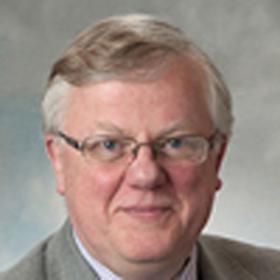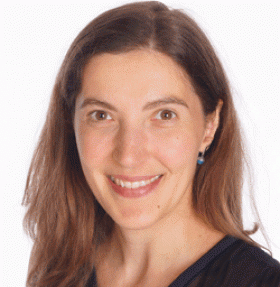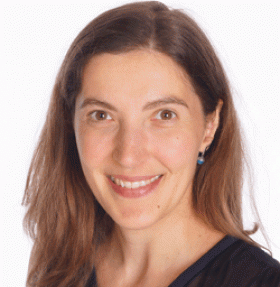Latest news

The pioneering dementia ‘buddy scheme’ headed by Dr Chris Henstridge (Centre for Discovery Brain Sciences) and co-ordinated by Lilian Kennedy (Social Anthropology) was recently featured on BBC News. The scheme pairs university researchers with people who are living with dementia to enable them to learn from each other.

Scientists led by Dr Tilo Kunath (MRC Centre for Regenerative Medicine) have taken a key step towards improving an emerging class of treatments for Parkinson’s disease. The advance could improve a next generation of therapies for the condition, which affects around one in 350 people in the UK.

A new study led by Professor Robert Logie (Philosophy, Psychology and Language Sciences) reviewed more than 100 previous research studies with adults that investigated the different ways in which people remember words, letters, numbers and pictures. This research highlights a range of different mental processes linked to memory that are used in different ways to perform similar tasks, which could be used to help people recall information more readily. The study is published in the Journal of Applied Research in Memory and Cognition.
Research led by Dr Martha Koerner (School of Biological Sciences) has resulted in fresh insights into the rare genetic disorder known as MeCP2 duplication syndrome, which mainly affects boys and leads to severe intellectual disability, seizures and impaired motor function, that could pave the way for new treatments for the condition.

It is with deep sadness that we announce the death our colleague John Starr, Honorary Professor of Health and Ageing.

Congratulations to Professor Martin Dennis (Centre for Clinical Brain Sciences) who was awarded the inaugural BASP President's Award for excellence in stoke practice, research and training at the UK Stroke Forum 2018 last week.

Congratulations to Maggi Laurie, a PhD student in CCBS who has been awarded a prestigious Fellowship in the Parliamentary Office of Science and Technology (POST) at Westminster where she will help to develop evidence-based briefing for MPs on topics including autism practice, screentime and child development.

Scientists led by Dr Nathalie Rochefort (Centre for Discover Brain Sciences) and Professor Tomáš Čižmár (Jena Leibniz Institute of Photonic Technology) have developed a new minimally-invasive tool for imaging sub-cellular structures deep within the brain of living animals via a hair-thin optical fibre, which could help to further understand the functions and activities of these neuronal circuits when an animal is exploring a new environment or learning a new task.

Results of the FOCUS clinical trial led by Professor Martin Dennis and Professor Gillian Mead (Centre for Clinical Brain Sciences), which tested the efficacy of fluoxetine to improve physical ability in stroke patients indicated that there was no improvement in patients given this drug compared with patients given a placebo drug.

Huge congratulations to Nathalie Rochefort (Centre for Discovery Brain Sciences) who as been selected as an EMBO Young Investigator.
The EMBO Young Investigator Programme offers recent group leaders with a track record of scientific excellence access to funding, training and networking opportunities.

